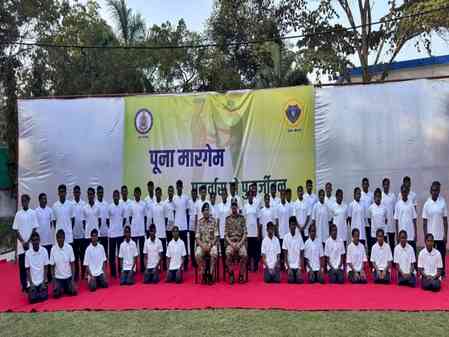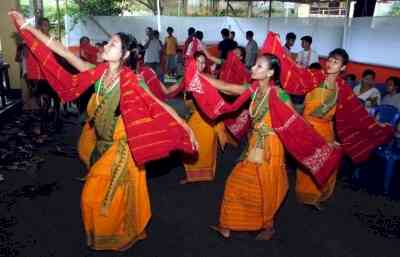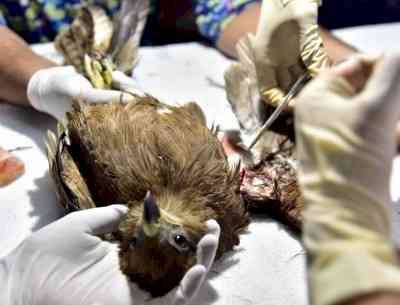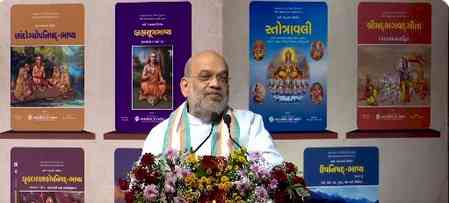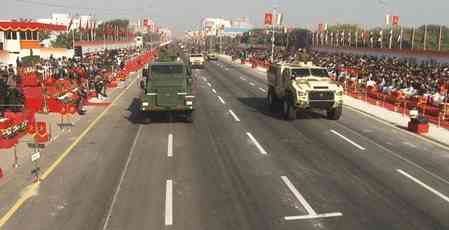Manipur pays rich tributes to women freedom fighters on Nupi Lal Day
The people of Manipur on Tuesday paid rich tributes to women freedom fighters who took part in 'Nupi Lal' (women's war) against colonial British actions in 1904 and 1939.
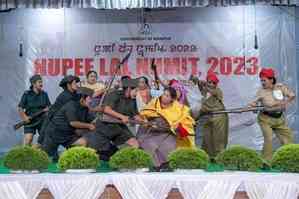
Imphal, Dec 12 (IANS) The people of Manipur on Tuesday paid rich tributes to women freedom fighters who took part in 'Nupi Lal' (women's war) against colonial British actions in 1904 and 1939.
The day is commemorated as Nupi (women) Lal (war) Numit (day).
Chief Minister N. Biren Singh led the people in offering floral tributes to the departed women freedom fighters at the Nupi Lal Memorial Complex here.
The Chief Minister said in a post on X: “Paid floral tributes and deepest respects to the Nupi Lal statue at the Nupi Lal Memorial Complex and attended the observation of Nupi Lal Numit at G.P. Women's College (Central Hall) today.
“The revolt of Manipuri women during the 1st and 2nd Nupi Lal is a firm reminder of the strength and courage of Manipuri women. Historically and culturally, Manipuri women take a special place in various spheres of our civilisation.
"They have been playing important roles in many issues concerning the people and are on the forefront of various social movements in the state."
Recognising the sacrifice of women, Singh announced two initiatives taken up by the state government in their honour, which include the renaming of the road stretch from Governor's Traffic Point to Pureiromba Khongnangkhong as 'Nupi Lal Road', and the 'Chief Minister's Ima Nongthangleima Yaipha Tengbang Scheme'.
Under the scheme, women who are above 40 years of age with no source of income and are not covered under any welfare schemes will be provided financial assistance of Rs 500 per month.
Manipur Governor Anusuiya Uikey in a message said that the day is being observed to remember those large numbers of Manipuri women who fought against the oppressive economic and administrative policies of then Manipur Maharaja and the then British government in Manipur in 1939.
On December 12, 1939, a large number of women stormed the state Durbar Office asking for immediate stoppage of rice export, in which around 21 women were seriously injured by the bayonets and butts of the soldiers' weapons.
The first women's agitation was triggered by the action of Colonel Maxwell in July 1904 to reintroduce the abolished Lallup System, wherein men were required to perform free labour for 10 days after every 30 days.
After the bungalows of two British officials were burnt down in 1904, Maxwell temporarily reintroduced the Lallup System to rebuild them. This move proved a misstep as the women rose up in unison to protest against the injustice of forced labour.
After the Anglo-Manipur War of 1891, Manipur came under direct British rule till 1907, when the administration was handed over to Raja Churachand Singh and his durbar.
However, a British political agent was employed to oversee the functioning of the region and had powers over the royal durbar. This had major implications on the economy and trade of Manipur.


 IANS
IANS 

